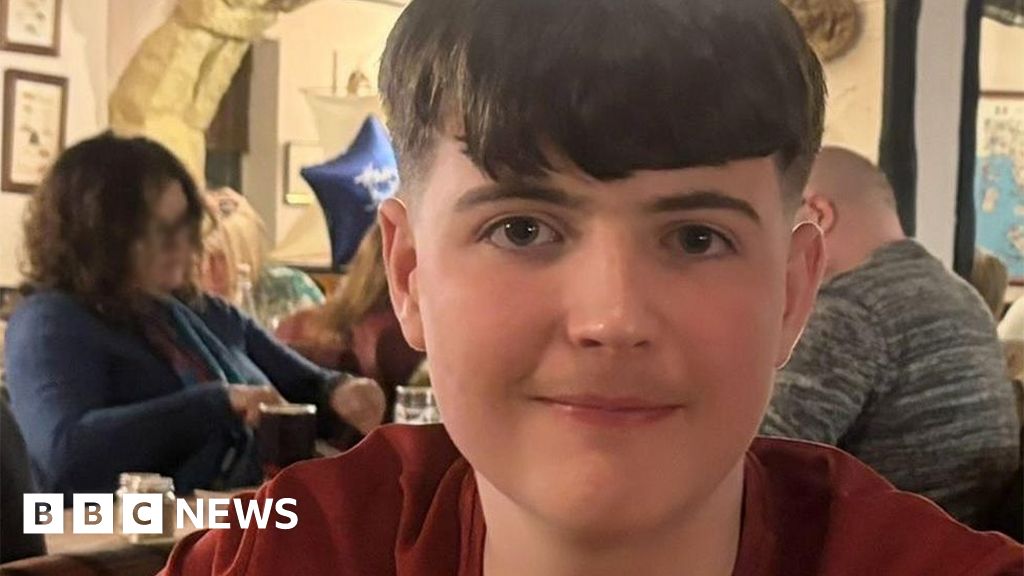The words “truth and justice” rang out from crowds of protesters flooding a central boulevard in Mexico City on Friday, just as they have every Sept. 26 since the disappearance of 43 Mexican students that shook the country in 2014.
Friday’s protest came exactly 11 years after students from the Ayotzinapa Rural Teachers’ College in the southern state of Guerrero vanished in 2014. Authorities believe the students were abducted in the town of Iguala as they traveled by bus to Mexico City for a protest and killed by members of a criminal cartel with ties to government and military officials.
The case has fueled deep distrust of authorities because of a government cover-up that followed by investigators who created a parallel version of events. Despite dozens of people – including a former attorney general, local officials, military and police officers – being arrested in connection with the case, no one has ever been convicted.
Because of that, the case has become a symbol for ongoing corruption, cartel violence and the plight of the more than 133,000 disappeared people in Mexico. The number 43 and the faces of the students continue to dot the country’s capital in monuments and graffiti as a constant reminder of one the greatest crimes in Mexico’s modern history.
While authorities say investigations are ongoing, families of victims protesting on Friday said they still don’t have clarity over what happened to their loved ones, something that infuses their cries for justice with more pain every year.
“After 11 years, the demand remains the same: their whereabouts; the truth, however painful it may be; and justice,” said Hilda Hernández, mother of César Manuel González, in a video where several relatives invited Mexicans to march with them on Friday.
That’s why indignation often erupts at protests, such as one Thursday outside a military base in the capital that ended with a truck rammed into one of its gates and then set on fire. Since 2022, relatives have demanded that the armed forces hand over hundreds of documents that could be key to clarifying the case, but the military has not done so.
On Friday, downtown Mexico City was heavily guarded to try to prevent any outbursts.
The Ayotzinapa case has been considered a “state crime” since 2022, because prosecutors say the youths were attacked by police colluding with a local cartel that trafficked heroin, acting in complicity with local, state and federal officials, including the military.
Neither the motive nor the fate of the students is clear, though burned remains of three have been found.
Mexican President Claudia Sheinbaum reiterated Friday that her commitment is “to get to the truth and justice and to find the young men.” Although she replaced the special prosecutor on the case and said there are new lines of investigation, the families still see no progress.
“Governments come and governments go,” lamented Clemente Rodríguez, father of Christian Rodríguez, in the same video, “but the case remains unresolved.”
More than a hundred people have been arrested in connection with the case. Some were freed due to procedural irregularities, but dozens remain on trial — among them former Attorney General Jesús Murillo Karam, charged with torture, forced disappearance and obstruction of justice.
Key arrests and extraditions remain pending. Among them is the case’s first chief investigator, Tomás Zerón, who is hiding in Israel, and several others in the United States — extraditions that President Sheinbaum said she was pressing for with U.S. President Donald Trump’s administration.
____
Follow AP’s coverage of Latin America and the Caribbean at https://apnews.com/hub/latin-america





